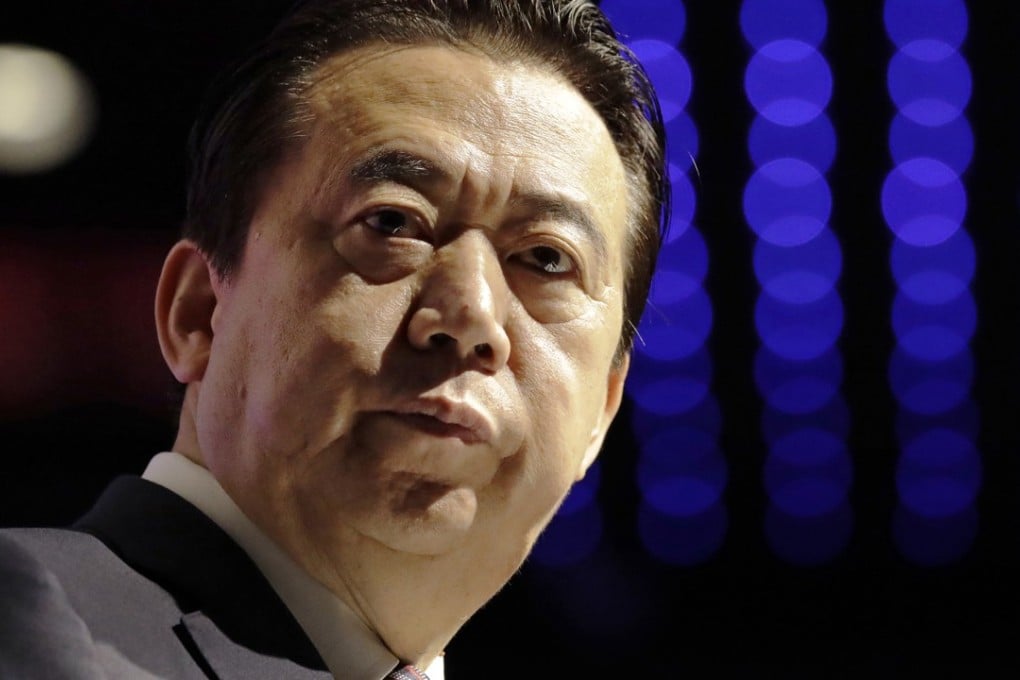Advertisement
Opinion | Why Interpol must keep up the pressure in the case of its missing ex-president Meng Hongwei
- Billy Huang says China’s announcement that it has detained Meng raises more questions than answers and Interpol must not let the matter rest
- The case shakes faith in the international policing organisation and is reminiscent of its murky past during the second world war, he says
Reading Time:3 minutes
Why you can trust SCMP

The disappearance of Interpol’s president, Meng Hongwei, and the Chinese government’s subsequent announcement that he had been detained, stunned the world. On October 7, Interpol issued a media statement saying that the organisation had received Meng’s resignation with immediate effect.
The statement also said: “The Interpol general secretariat, under the leadership of Secretary General Jürgen Stock, and its National Central Bureaus around the world remain focused on their mission: to help law enforcement officers across the world secure their borders, protect their citizens, prevent and investigate crime, and enhance global police cooperation.”
If Interpol means what it says, it needs to address the world’s concerns before its 87th general assembly session in Dubai in November, at which a new president will be elected for the remaining two years of the current mandate (until 2020).
Advertisement
First of all, how did Interpol receive Meng’s resignation and how did it make sure it was not made under duress and intimidation? This concern is totally warranted since Meng’s wife Grace reported that her husband was missing to the French police, instead of seeking the help of China’s Ministry of Public Security, of which Meng is a vice-minister.
Advertisement
Secondly, as an international organisation claiming on its homepage that its goal is “to enable police around the world to work together to make the world a safer place”, Interpol needs to press the Chinese authorities to guarantee due process and the rule of law in Meng’s case, and the safety of his family members who still do not have any information about his whereabouts and well-being.
Advertisement
Select Voice
Select Speed
1.00x
